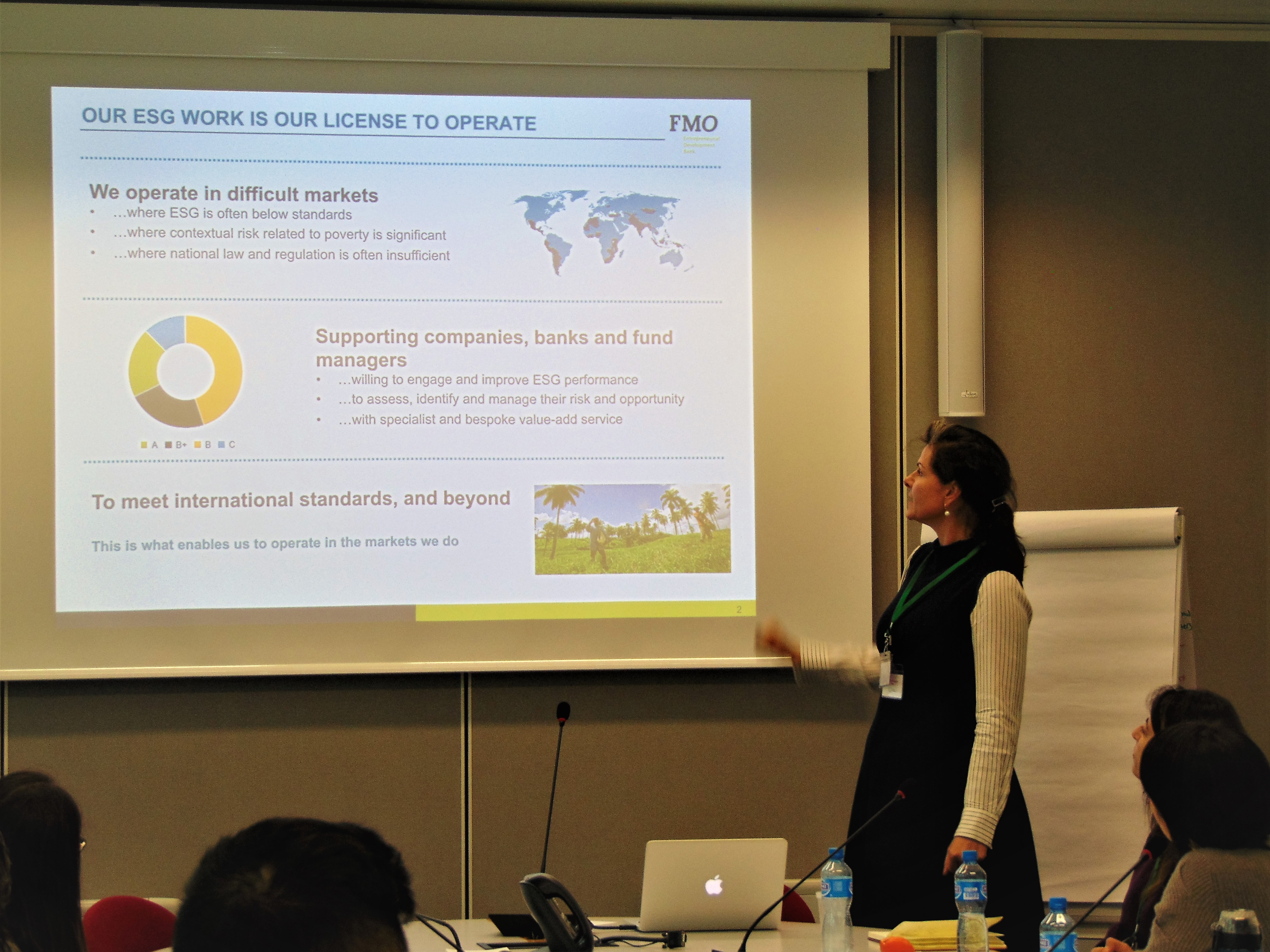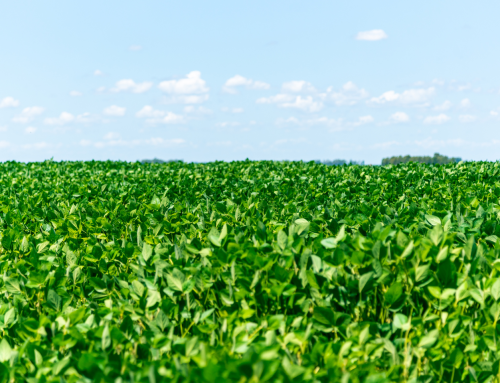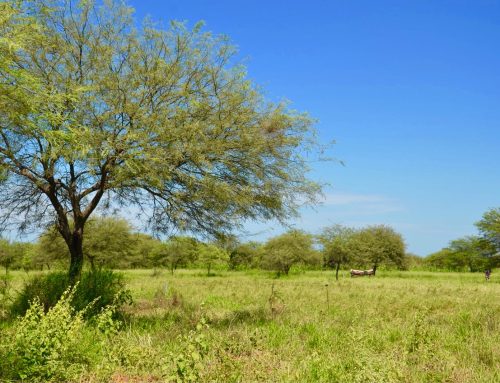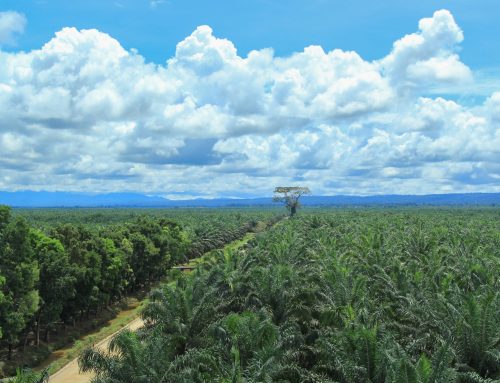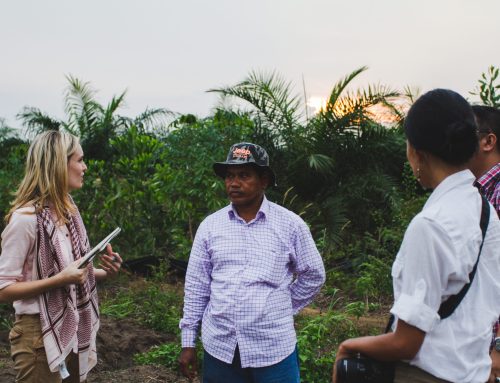In February, the Good Growth Partnership convened funders of agricultural commodity supply chains and major producers and buyers for a workshop in Geneva to identify opportunities for scaling up finance for sustainable agricultural commodity production.
Geneva, Switzerland. The intensifying spotlight on the role of financial institutions in funding unsustainably produced soft commodities such as palm oil and soy has resulted in a growing number of banks and investors beginning to explore how they can better leverage their power to support the sustainability transition. Given their position as lenders, investors, and underwriters, financial institutions are uniquely positioned to impact sustainability issues at various points across commodities value chains.
Focusing on opportunities to scale the finance of sustainable soy in Brazil and sustainable palm oil in Indonesia, the workshop provided a chance for key commodity ecosystem actors to discuss the fundamental challenges in financing sustainable agricultural commodities and to look at lessons learned from current practices that could in turn be scaled up and replicated in other countries and different commodities.
During the workshop, several existing solutions were analyzed and discussed among participants throughout the different sessions. Initiatives such as the Statement of Support for the Cerrado Biome (SoS) or the Cerrado Working Group (GTC), the Tropical Landscape Finance Facility (TLFF) or tools such as the WWF Sustainable Banking Assessment (SUSBA) were thoroughly examined by some of the groups in the workshop, while the role of blended finance as enabler of sustainable production of agricultural commodities, and the topics of integration of deforestation risks in Environmental, Social and Governance (ESG) criteria and of fintech and risk scoring for Indonesian smallholders were the main solutions discussed in the rest of the sessions.
While identifying, examining, and brainstorming the current limitations and potential opportunities of existing models, participants were able to immerse themselves in business cases and successful pilots on financing sustainable commodity production and dissect current challenges and opportunities for collaboration.
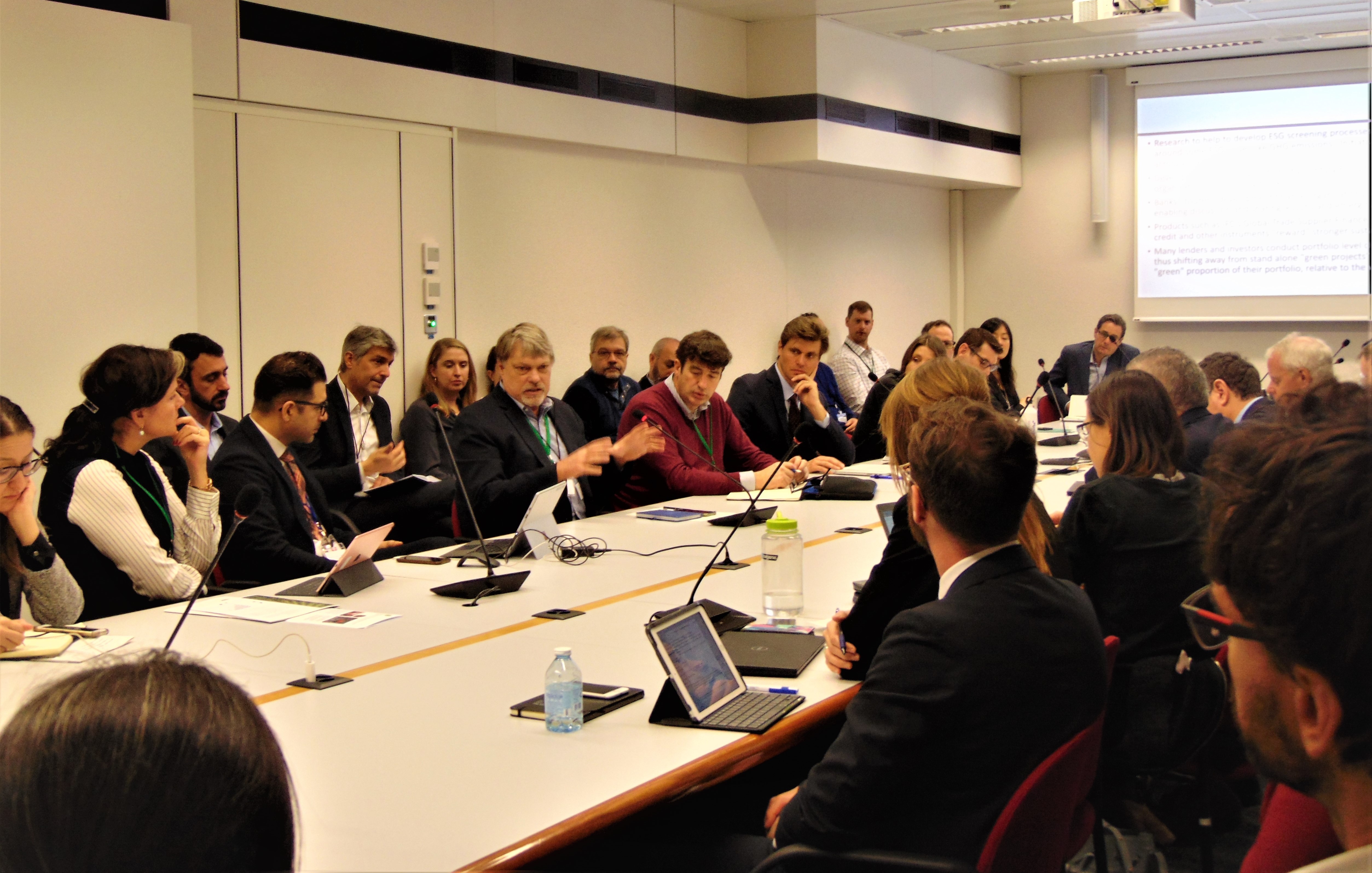
Discussions around financing sustainable supply chains have substantially evolved during the past few years, from philosophical questions around the importance and effectiveness of its role in promoting sustainable practices to more specific queries about on-the-ground operationalization. The workshop proved to be a live example of this growing tendency. For future similar events the goal will be to bring on board a more diverse range of expertise into the discussions, for example by including technology suppliers and fintech companies to discuss in more detail how some of the solutions could be implemented.
During the final round of conclusions, participants acknowledged the support that the Good Growth Partnership can provide to financial actors in helping them accelerate the financing of sustainable agricultural commodity production through its important role in convening and facilitating multi-stakeholder discussions, organizing collaborative innovation forums and facilitating deal brokering.
If you want to learn more about this workshop and the topics of discussion, you can access the full report here. Please contact Aline da Silva (aline.da.silva@undp.org) for more information.
